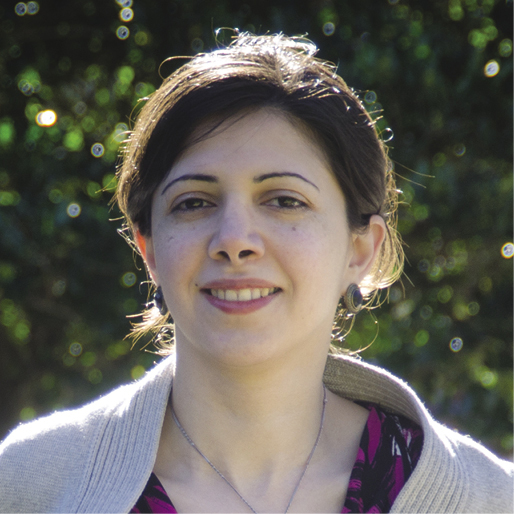Parisa Rashidi, Ph.D.
Associate Professor of Biomedical Engineering
Herbert Wertheim College of Engineering
2023 Awardee
Parisa Rashidi is widely known for her contributions to the emerging area of medical AI. Her research, which focuses on developing novel AI methods for precise and continuous quantification of patients’ physiological, functional and cognitive health in critical care settings, aims at enhancing clinical workflows, better communication between patients and providers and ultimately, vastly improved patient outcomes.
Rashidi is the founding co-director of the Intelligent Critical Care Center (IC3) at UF, a joint cross-campus initiative that brings together a diverse body of faculty, clinicians and students to develop the next generation of clinical tools by utilizing AI and other emerging technologies. Her research aims to transform patient care by developing augmented intelligence tools in critical and acute care environments. In bringing these projects to fruition, she has forged a highly collaborative research program that integrates faculty from nephrology, anesthesiology, clinical neuropsychology, law and business school, digital arts, and aging research.
“My goal for the broad impact of my current research is that it will allow more accurate, more objective, and more comprehensive patient monitoring in acute care settings,” said Rashidi.
Rashidi, who arrived at UF in 2013, has procured over $10 million in extramural research funds as an individual investigator and has helped secure over $47 million with collaborators. Rashidi’s research has been supported by local, state, and federal grants, including awards from the National Institutes of Health and the National Science Foundation.
She has authored more than 160 peer-reviewed publications, including over 70 journal articles. She has chaired numerous workshops and symposia on intelligent health systems and has served on the program committee of more than 20 conferences.
Rashidi has been instrumental in launching two new master’s degrees at UF — the Master of Applied Data Science and Master of Artificial Intelligence Systems, both targeting interdisciplinary education for engineering students. She is also credited with developing new courses in biomedical data science and machine learning for UF Biomedical Engineering students.
“Developing a curriculum in the field of machine learning and AI is a critical component of student education and I am proud of the work we have put in at UF in nurturing interdisciplinary training while ensuring student career readiness,” Rashidi said.


